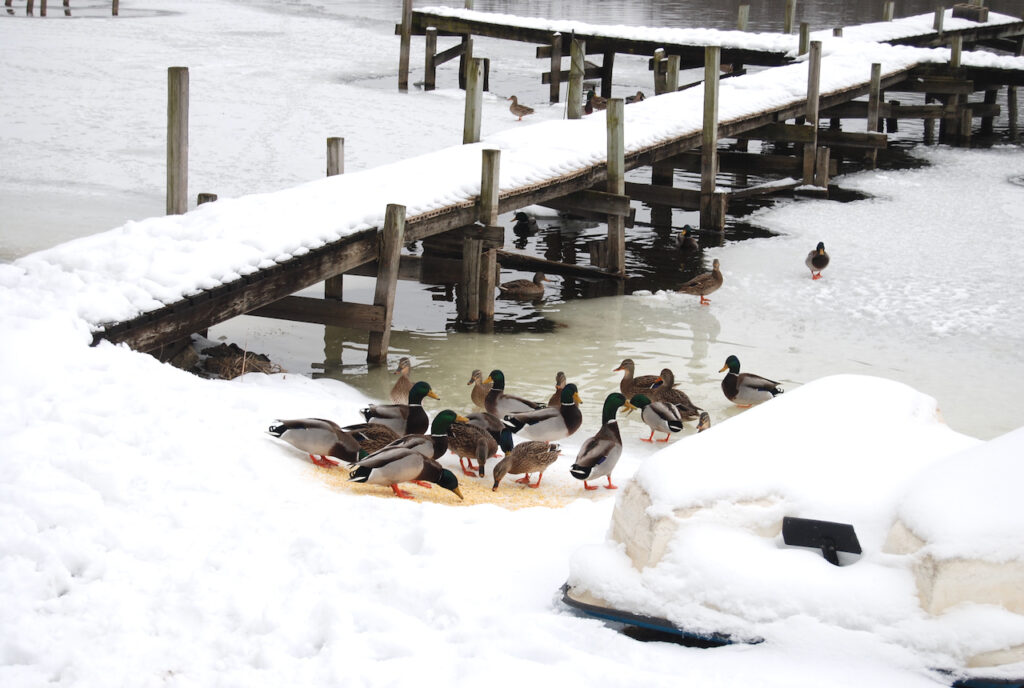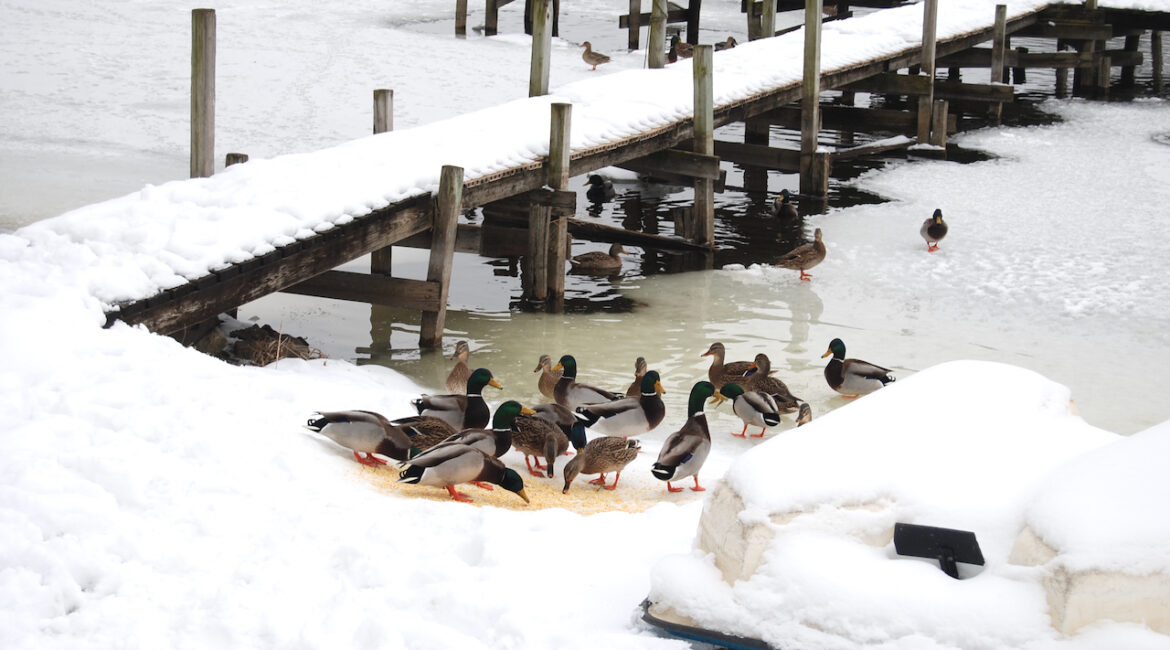With the start of multiple waterfowl seasons and the fall bird migration ramping up, the Wisconsin Department of Natural Resources (DNR) has announced that it is asking hunters to use caution when handling wild game.
According to a recent news release, hunters should follow simple precautions when harvesting and handling wild birds because of the presence of highly pathogenic avian influenza (HPAI) in the state.
The current HPAI strain was first detected in Wisconsin and other midwestern states in March 2022. Recent findings of the virus in domestic and wild birds this fall illustrates that the virus is still present and circulating in the flyway, including in Wisconsin. Waterfowl are considered more susceptible to HPAI than other gamebirds, the release stated.
Hunters are advised to adhere to the following U.S. Fish and Wildlife Service- recommended precautions:
• Do not handle or eat sick game.
• Field dress and prepare game outdoors or in a well-ventilated area.
Wear rubber or disposable latex gloves while handling and cleaning game.
• When finished handling game, wash hands thoroughly with soap or disinfectant.
• Clean knives, equipment and surfaces that came in contact with game.
• Do not eat, drink or smoke while handling animals.
• All game should be thoroughly cooked to an internal temperature of 165°F before being consumed.
According to the release, the DNR also asks hunters to be mindful that the virus may be transported via hunting equipment and clothing. For hunters who have backyard poultry, basic biosecurity measures are recommended.
No immediate public health concern
According to the U.S. Centers for Disease Control and Prevention, this strain of HPAI does not present an immediate public health concern. Properly handling and cooking harvested birds to an internal temperature of 165°F kills the virus. Anyone with questions about how avian flu affects humans can find information at the Wisconsin Department of Health Services website, the release stated.
Those who observes sick or dead birds should minimize contact with them. Individuals should not touch dead birds or wildlife with their bare hands. When touching dead birds, wear gloves or use a plastic bag to put them in the garbage. Hand-washing, with soap and water, after handling birds and throwing away any gloves is recommended.
For more information about avian influenza viruses, including the updates and recommended protocols for suspected visit: wildlife diseases webpage. Information is found under the avian influenza tab.
For more information about the nationwide distribution of this HPAI, visit: U.S. Geological Survey’s website.

Wild ducks gather along the banks of the Rock River in Indianford. File photo/Kim McDarison.
This post has already been read 784 times!
